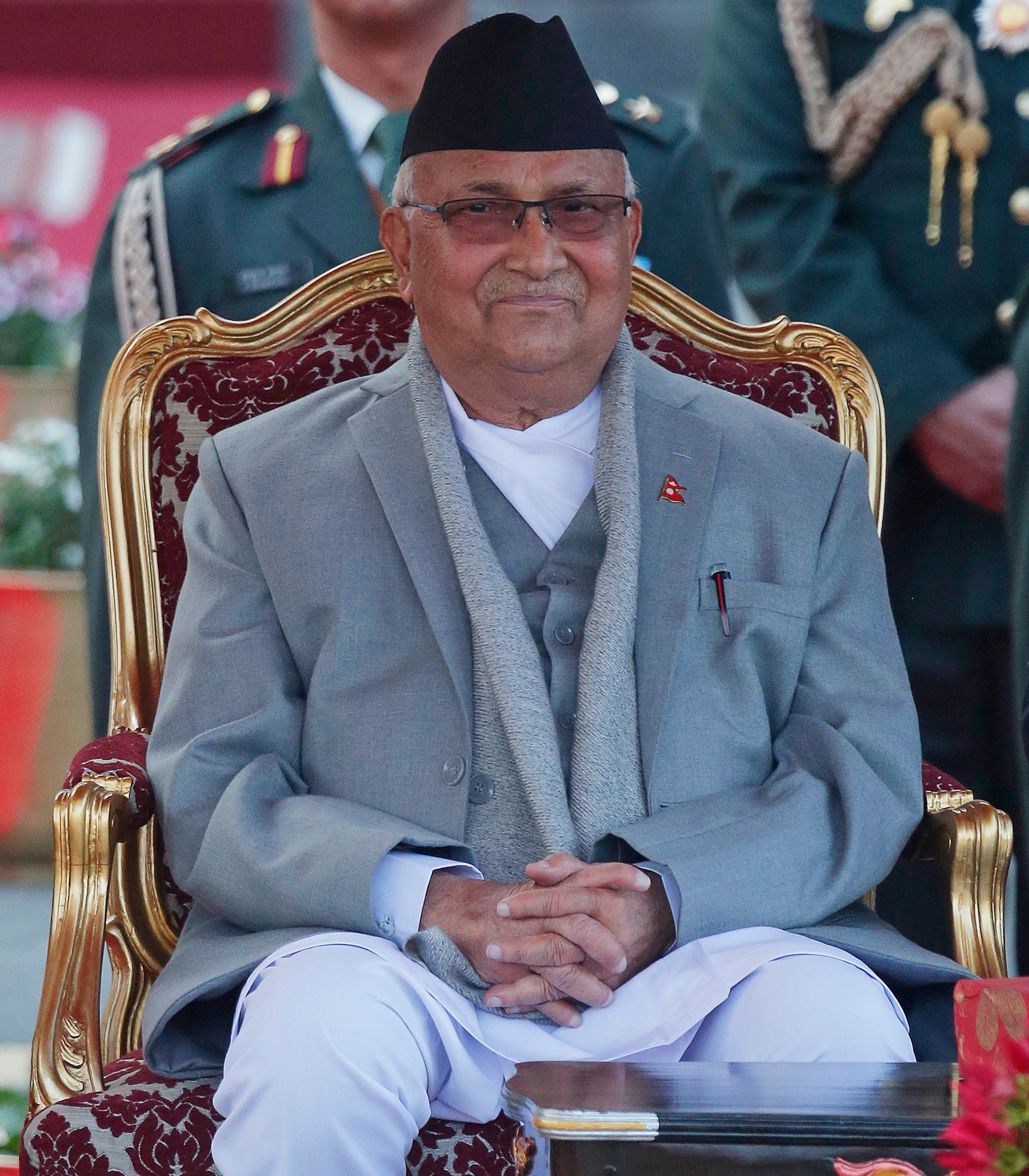Nepal signs peace agreement with communist rebel group
Nepal’s government has signed a peace agreement with a small communist rebel group widely feared because they were known for violent attacks, extortion and bombings

Your support helps us to tell the story
From reproductive rights to climate change to Big Tech, The Independent is on the ground when the story is developing. Whether it's investigating the financials of Elon Musk's pro-Trump PAC or producing our latest documentary, 'The A Word', which shines a light on the American women fighting for reproductive rights, we know how important it is to parse out the facts from the messaging.
At such a critical moment in US history, we need reporters on the ground. Your donation allows us to keep sending journalists to speak to both sides of the story.
The Independent is trusted by Americans across the entire political spectrum. And unlike many other quality news outlets, we choose not to lock Americans out of our reporting and analysis with paywalls. We believe quality journalism should be available to everyone, paid for by those who can afford it.
Your support makes all the difference.Nepal’s government signed a peace agreement Thursday with a small communist rebel group widely feared because they were known for violent attacks, extortion and bombings.
The government agreed to lift a ban on the group, release all their party members and supporters in jail and drop all legal cases against them, while the group agreed to give up all violence and resolve any issues through peaceful dialogue, the government said in a statement after peace talks.
Details of the agreement would be made public at a joint ceremony Friday with Prime Minister Khadga Prasad Oli and the leader of the rebel group Netra Bikram Chand, who is better known by his guerrilla name, Biplav. The rebels also call themselves the Nepal Communist Party.
This group is known for violence, threats and enforcing general strikes.
It had split from the Maoist Communist party, which fought government troops between 1996 and 2006 when it gave up its armed revolt, agreed to U.N.-monitored peace talks and joined mainstream politics.
The Maoist fighting had left 17,000 people killed, hundreds missing and many more maimed.
The peace agreement with the rebel group comes at a time when the prime minister and his government are facing a political crisis since a split developed in his own ruling party and the Supreme Court reinstated the Parliament he had dissolved.